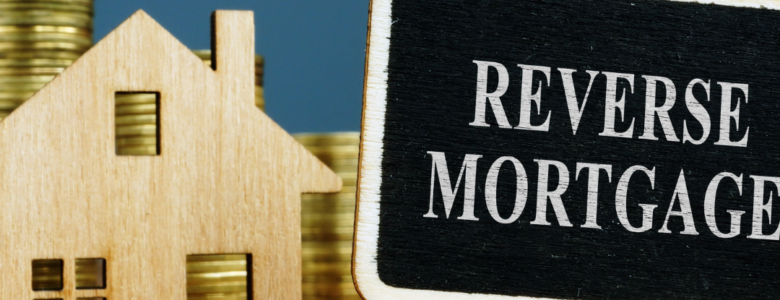Reverse mortgages are popular with retirees who want to access their home equity without selling or moving. Homeowners can obtain a loan by using their home equity, and the funds can be used for various personal needs. One option for receiving the funds from a reverse mortgage is through a line of credit. But is a reverse mortgage line of credit right for you? We’ll explore the pros and cons of this type of loan to help you make an informed decision.
What is a reverse mortgage line of credit?
A reverse mortgage line of credit lets homeowners borrow against their home equity.
The borrower secures the loan using their home, and if they default, the lender can sell it. A reverse mortgage line of credit does not require the borrower to make monthly payments, unlike traditional home equity loans.
Repayment is only necessary when the borrower sells the home or passes away.
How does a reverse mortgage line of credit work?
A reverse mortgage line of credit works much like a traditional line of credit. After approval, the borrower can access a specific amount of funds as needed, with interest charged only on the borrowed amount. If the borrower does not use the entire line of credit, they will not incur interest on the unused portion.
One of the unique features of a reverse mortgage line of credit is that the amount of available credit can actually increase over time. This is because the interest on the loan is added to the balance of the loan each month. As the loan balance increases, so does the amount of available credit. The borrower can access more funds over time, even if they don’t use the full line of credit initially.
Pros of a reverse mortgage line of credit
- Access to funds without having to sell the home:
For many retirees, their home is their most valuable asset. Retirees can access their home equity through a reverse mortgage line of credit, which enables them to secure additional funds without selling or moving from their home. This can be an ideal option for those who wish to stay in their homes while also needing extra cash.
- No monthly payments:
Monthly payments are necessary to repay a traditional home equity loan or line of credit. With a reverse mortgage line of credit, the borrower does not have to make any monthly payments. Instead, the loan is repaid when the borrower no longer lives in the home.
- Potential for increasing credit:
As mentioned earlier, the amount of available credit in a reverse mortgage line of credit can increase over time. This means that the borrower can access more funds as needed, even if they do not use the full amount of the line of credit initially.
- Flexibility:
A borrower can use the funds for anything with a reverse mortgage line of credit, providing them with significant flexibility since there are no restrictions on how they use the money.
Cons of a reverse mortgage line of credit
- High fees:
Reverse mortgages can be expensive, with high fees and closing costs. The fees for a reverse mortgage line of credit can be higher than those for a traditional home equity loan or line of credit.
- Interest rates:
Lenders often charge higher interest rates on reverse mortgage credit lines than on traditional home equity loans or lines of credit because lending to borrowers who are not required to make monthly payments involves more risk.
- Reduced inheritance:
The borrower’s heirs may receive less money when the home is sold or after the borrower’s passing because the reverse mortgage line of credit is secured by the home’s equity, reducing the available equity.
- Potential for foreclosure:
The lender can foreclose on the home if the borrower fails to meet the loan terms, such as paying property taxes or maintaining the home, which could result in the borrower losing their home.
Is a reverse mortgage line of credit right for you?
Deciding whether or not a reverse mortgage line of credit is right for you depends on your individual circumstances and financial goals. Here are some things to consider:
- Do you need access to additional funds?
If you are struggling financially and need access to additional funds, a reverse mortgage line of credit may be a good option. However, it’s important to consider the fees and interest rates associated with the loan to ensure that it is affordable.
- Do you plan to stay in your home?
Consider a reverse mortgage line of credit if you plan on staying in your home long-term. However, if you plan to sell your home soon, a traditional home equity loan or line of credit may be a better option.
- Are you comfortable with the potential risks?
A reverse mortgage line of credit does come with potential risks, such as the potential for foreclosure and reduced inheritance. If you are comfortable with these risks, a reverse mortgage line of credit may be a good option.
- Have you considered other options?
Before deciding on a reverse mortgage line of credit, it’s important to consider other options, such as downsizing or selling other assets, to access additional funds.
In conclusion, a reverse mortgage line of credit can help retirees access additional funds while remaining in their home, but they should evaluate the fees, interest rates, and risks before deciding. By doing so, you can make an informed decision that aligns with your individual circumstances and financial goals.








